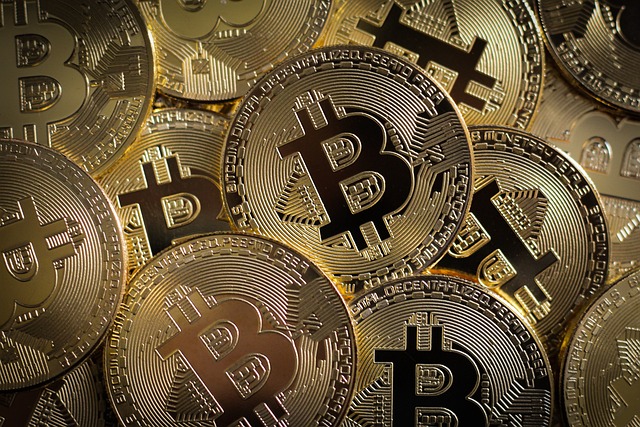Buna is working on the development of a cross-border payment solution based on digital currencies and involved in the transfer of funds from one country to another in real time. They are playing a crucial role in international trade and finance for the Middle East.
BUNA Roles and Responsibilities:
Banks and Financial Institutions: Banks play a central role in facilitating cross-border payments. They handle the movement of funds, compliance with regulations, and currency conversion. Financial institutions also ensure the security and accuracy of transactions.
Payment Service Providers (PSPs): These are companies that offer specialized payment services, often utilizing advanced technology and digital platforms. They can provide faster and more cost-effective cross-border payment solutions.
Regulatory Authorities: Regulatory bodies in each country are responsible for overseeing and enforcing compliance with laws and regulations related to cross-border transactions. This includes anti-money laundering (AML) and know-your-customer (KYC) regulations.
Central Banks: Central banks control the monetary policy and currency issuance of a country. They might be involved in currency exchange rate maintenance, oversight of financial stability, and establishing policies related to cross-border transactions.
Treasury Departments: In corporations, the treasury department manages the organization's finances, including cross-border payments. They optimize currency exchange, manage liquidity, and mitigate financial risks associated with international transactions.
Technology Providers: Technology companies offer various solutions for facilitating cross-border payments, including blockchain-based platforms, remittance systems, and more. These technologies can enhance transparency, speed, and security of transactions.
Legal and Compliance Teams: Ensuring compliance with local and international regulations is crucial in cross-border payments. Legal and compliance teams within banks and corporations work to ensure all transactions adhere to relevant laws.
Currency Exchange Providers: Currency exchange services or foreign exchange (forex) providers enable the conversion of one currency into another, a key aspect of cross-border payments.
Countries Involved:
The Middle East region includes numerous countries with varying degrees of economic and financial involvement in cross-border payments. Some of the prominent countries in the Middle East that could be involved in cross-border payment projects with BUNA include:
- United Arab Emirates (UAE)
- Saudi Arabia
- Qatar
- Bahrain
- Oman
- Kuwait
- Jordan
- Lebanon
- Egypt
- Turkey



